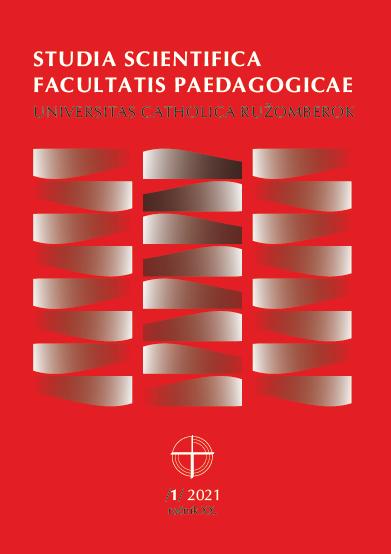Zapojenie neštandardných študentov do vyššieho vzdelávania
Involvement of Non-traditional Students in Higher Education
Author(s): Ágnes EnglerSubject(s): Education, Psychology, Higher Education , Sociology of Education
Published by: VERBUM - vydavateľstvo Katolíckej univerzity v Ružomberku
Keywords: Higher education; Non-traditional students; Part-time students; Integration. Family and work;
Summary/Abstract: Non-traditional students have been the subject of numerous studies in higher education, including part-time students. In most cases, adults who invest in their human capital study alongside work and family (Ashton & Elliott 2007, Darab 2008, Piece 2008, Misra et al. 2012, Gopalan et al. 2019). Reconciling work, family, and study tasks is difficult, not only because students must contend with many tasks and roles, but because their effectiveness and also their institutional integrability is questionable (Kember 1999, Ogunsiji and Wilkes 2004, Meuleman et al. 2015). In our article, we seek to demonstrate which factors determine the effectiveness of part-time students. We examined the data of parttime students studying in three higher education institutions in Hungary (N = 1092). We identified four types of study motivations among students with quite different social backgrounds and learning aspirations. Results show that the effectiveness of adult learning is not influenced by the socio-economic status of the family of origin, but their individual goals and their communities are much more influential. Another important result is that the successful institutional integration of non-traditional students increases academic efficiency and student cohesion.
Journal: Studia Scientifica Facultatis Paedagogicae Universitas Catholica Ružomberok
- Issue Year: XX/2021
- Issue No: 1
- Page Range: 48-63
- Page Count: 16
- Language: English

